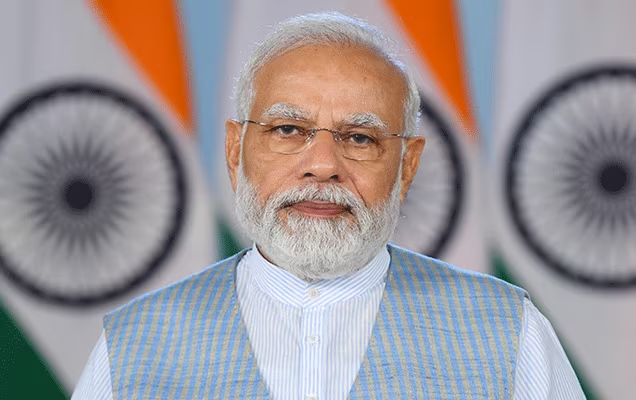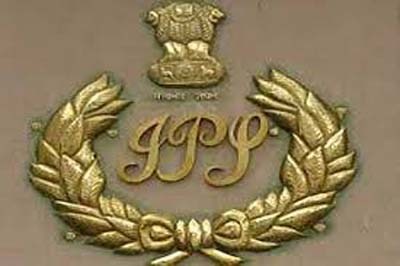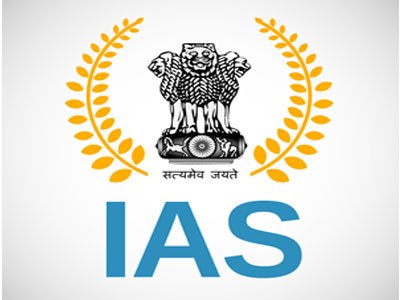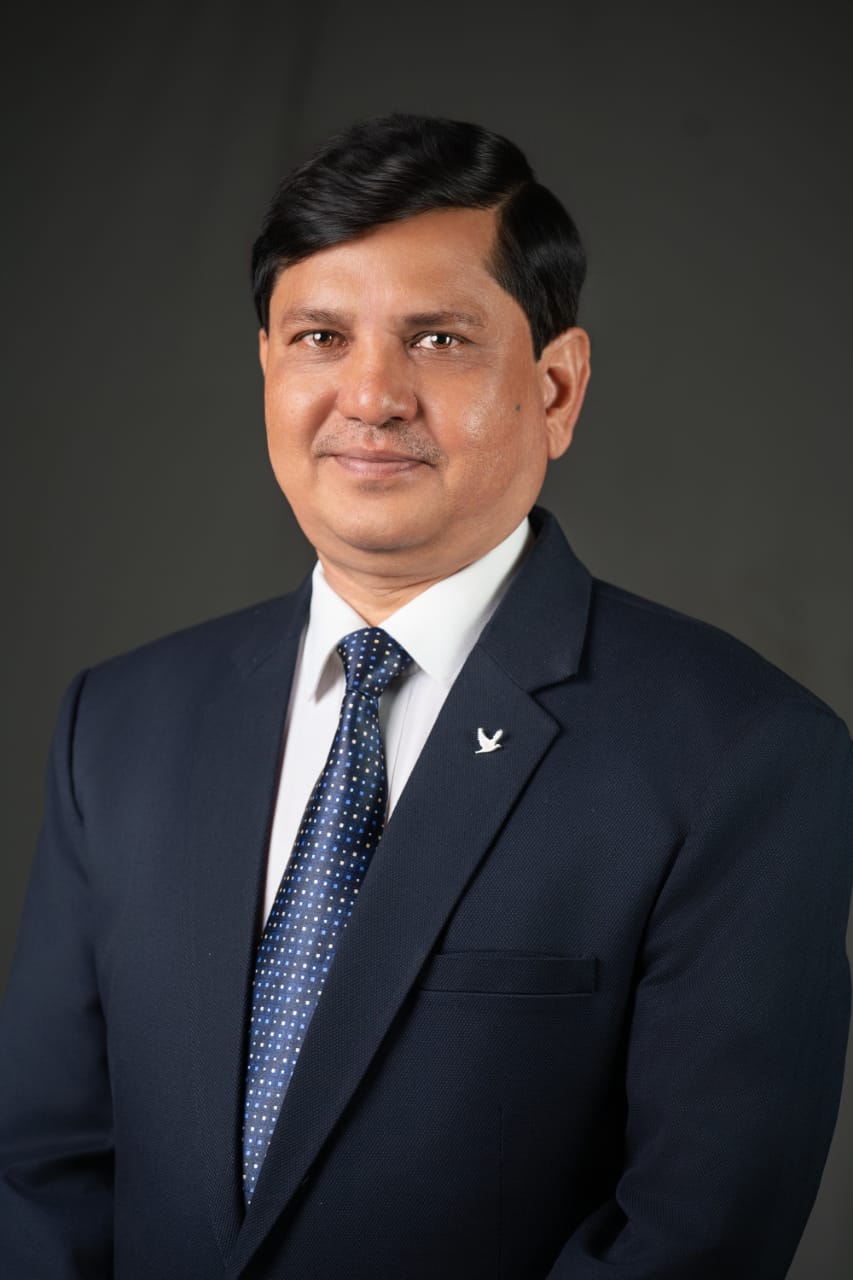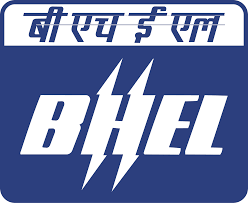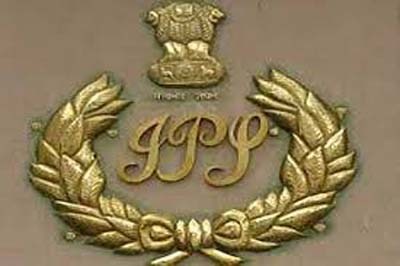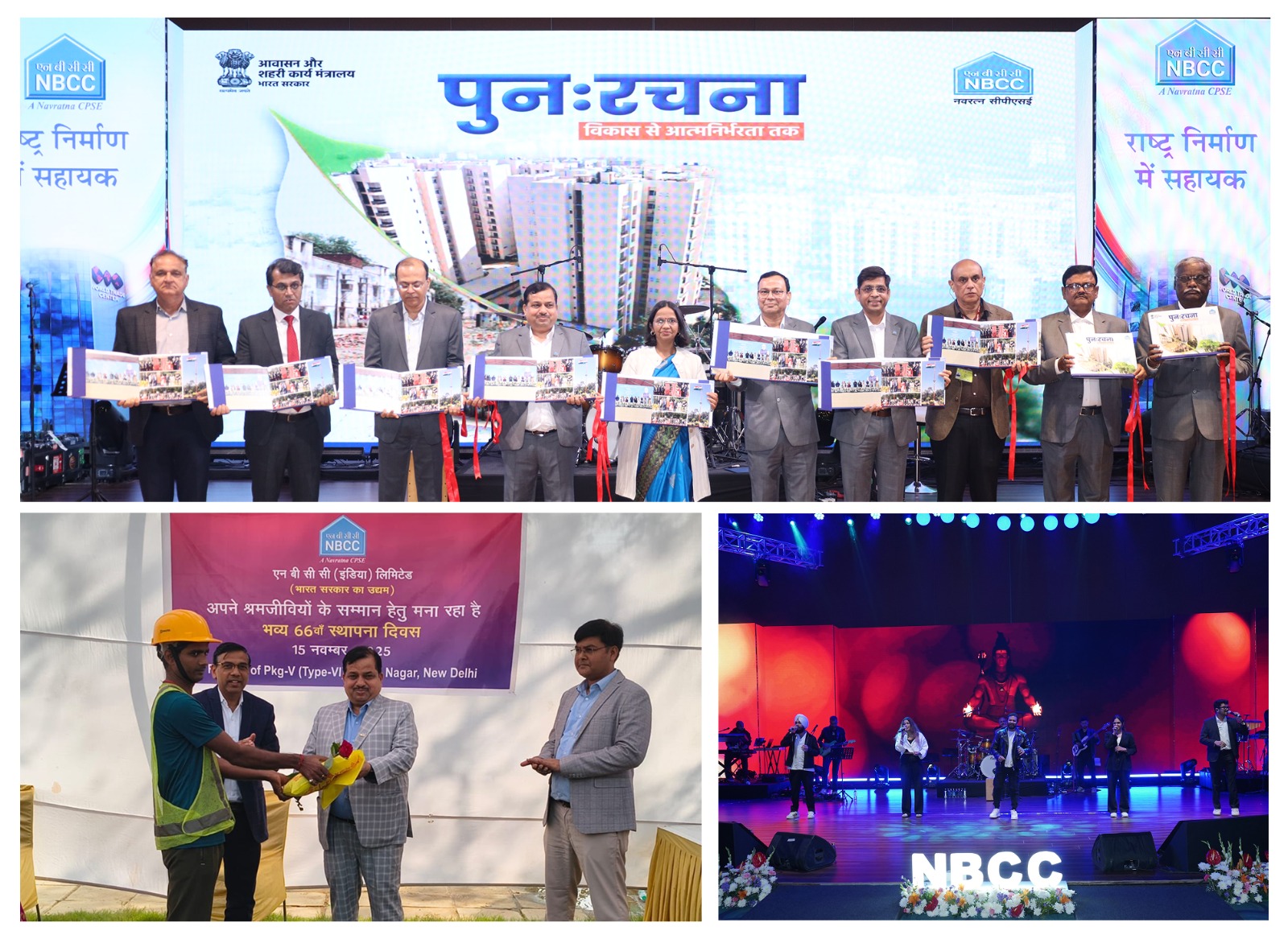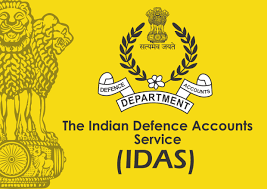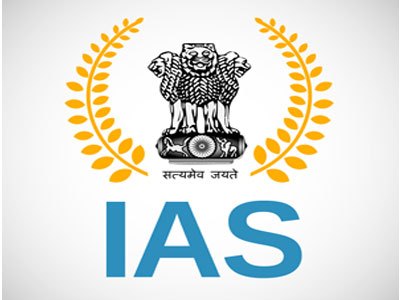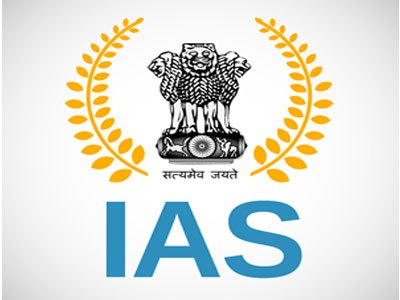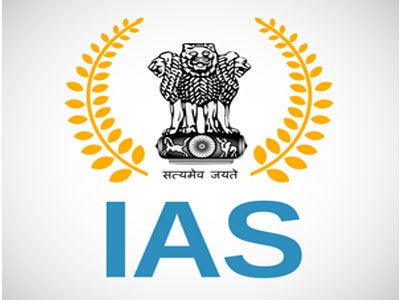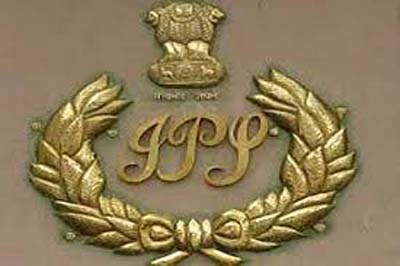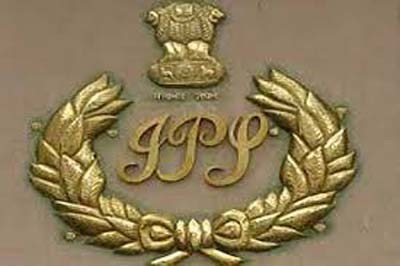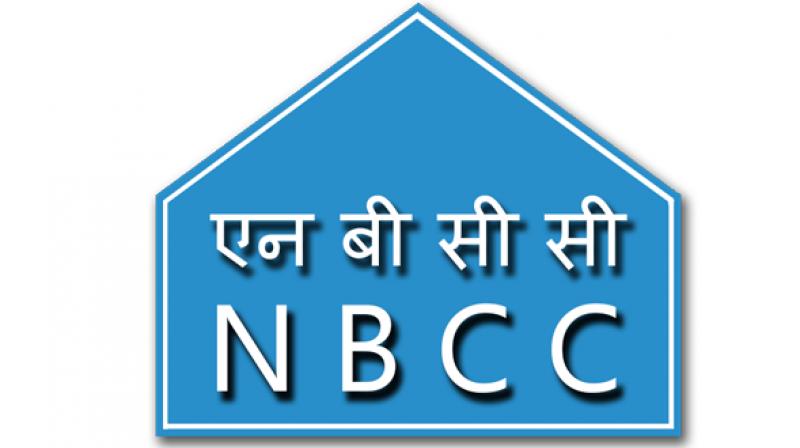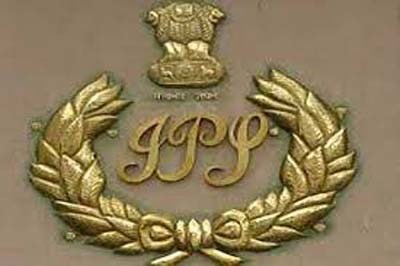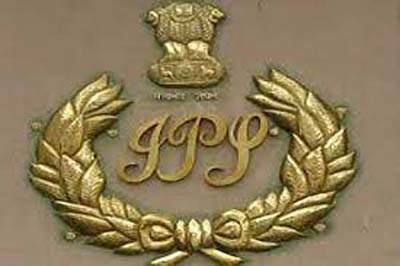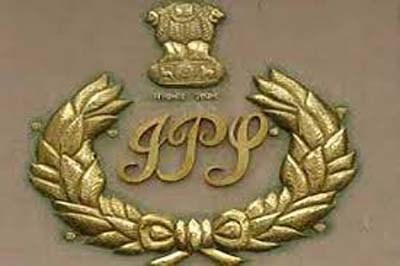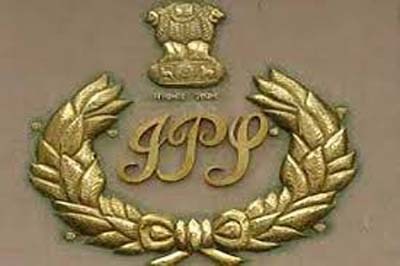Narendra Modi replied to the Motion of Thanks on the President’s Address to Parliament in the Lok Sabha today. Addressing the House, the Prime Minister appreciated the contributions of all honorable MPs who participated in the discussions yesterday and today, noting that the tradition of democracy includes both praise where necessary and some negative remarks where needed, which is natural. Highlighting the great privilege of being given the opportunity by the people to express gratitude for the President's address for the 14th time, he extended his respectful thanks to the citizens and acknowledged all participants in the discussion for enriching the proposal with their thoughts.
Remarking that as of 2025, a quarter of the 21st century has passed, Shri Modi noted that time will judge the achievements of the post-independence 20th century and the first 25 years of the 21st century. He emphasized that a detailed study of the President's address reveals that it instills new confidence in the future 25 years and the vision of a developed India. The Prime Minister highlighted that the President's address strengthens the resolve for a Viksit Bharat, creates new confidence, and inspires the general public.
The Prime Minister highlighted that in the last 10 years, 25 crore people had moved out of poverty, as revealed by many studies. He remarked that this effort was possible due to effective implementation of the schemes with devotion and utmost sensitivity by the Government towards the poor and the needy. He added that when people who are grounded and who know the ground reality, work for the people at the ground level, then change is inevitable and certain on the ground. “Our Government has not given false slogans to the poor, but true development”, said Shri Modi. He added that his was a Government that has worked for all sections of society by understanding the pain of the poor and aspirations of the middle-class with utmost passion, which was lacking in some people.
Noting that it was truly a despair to live in kachcha houses and huts during the monsoons, the Prime Minister said four crore houses were distributed to the poor till now by the Government. Highlighting the difficulties faced by women to defecate in the open, he added that the Government had built more than 12 crore toilets to alleviate the difficulties of women. Emphasising that the Government was focused on ensuring water in the taps of every house through the Har Ghar Jal scheme, the Prime Minister said that even after 75 years of Independence, around 75% or more than 16 crore houses lacked tap-water connections. He added that the Government had ensured 12 crore families tap water connection in the last 5 years and the work was progressing rapidly. Underlining the details of the work done for the poor in the President’s address, Shri Modi said while identifying a problem was not sufficient but was necessary to work with utmost devotion to ensure that a solution was found. He added that his Government, as seen in their work over the last 10 years as well as the President’s address, worked with devotion to ensure solution to the problems.
Highlighting the previous situation when out of every rupee spent, only 15 paise reaches the intended destination, the Prime Minister underscored that the Government’s model of “Bachat bhi, Vikas bhi”, meaning progress with savings, to ensure that the people’s money is used for the welfare of the people. He added that with the JanDhan-Aadhar-Mobile (JAM) Trinity, the Government started Direct Benefit Transfer (DBT) and deposited around ₹40 lakh Crore in the bank accounts of the people. Underlining that around 10 crore Ghost beneficiaries were benefiting from the welfare schemes of the Government, the Prime Minister said that during the last 10 years, ghost beneficiaries were eliminated to ensure social justice and the actual beneficiaries were added through various schemes. He added that this had saved around ₹3 lakh crore from reaching the wrong hands. Shri Modi highlighted that the Government had extensively utilized technology in public procurement, bringing in transparency through the GeM (Government e-Marketplace) portal, which is now also being used by state Governments. The procurement made through the GeM portal has been more cost-effective compared to traditional procurement methods, resulting in a savings of ₹1,15,000 crore for the Government.
